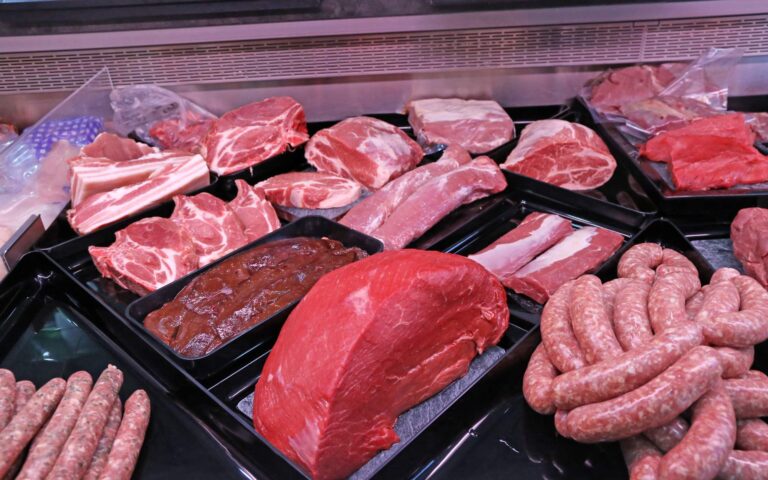Food safety authorities in the UK have conducted a thorough assessment of the risk posed by Listeria bacteria in blue cheese, particularly concerning vulnerable populations such as pregnant women, the elderly, infants, and those with weakened immune systems. The Food Standards Agency (FSA) and Food Standards Scotland (FSS) jointly concluded that while the severity of Listeria infection in these groups is high, the likelihood of contracting listeriosis from consuming blue cheese is very low.
The assessment, based on UK data, revealed that vulnerable individuals seldom consume blue cheese, and when they do, it’s typically in minimal quantities. Moreover, the prevalence of Listeria in blue cheese at retail stands at around 1 to 3 percent of samples, with the majority of products being made from pasteurized milk.
Despite occasional contamination risks throughout the cheese production process, including during milk collection, brining, and handling, instances of listeriosis outbreaks attributed to blue cheese are rare. Only a few isolated cases have been documented globally, with no reported outbreaks in the UK.
Nonetheless, ongoing monitoring and vigilance are paramount. Recent data from the Scottish Food Sampling Database and other sources indicate occasional lapses in cheese safety standards, highlighting the importance of stringent quality control measures across the industry.
While NHS guidelines have been updated to reflect the latest findings, there will be no change to official advice from the FSA and FSS regarding blue cheese consumption. This serves as a reassurance to consumers while emphasizing the need for continued diligence in food safety practices.
Source: Food Safety News
Reach out to Fresh Group Food Safety And Quality Consulting for any inquiries related to food quality and safety.




